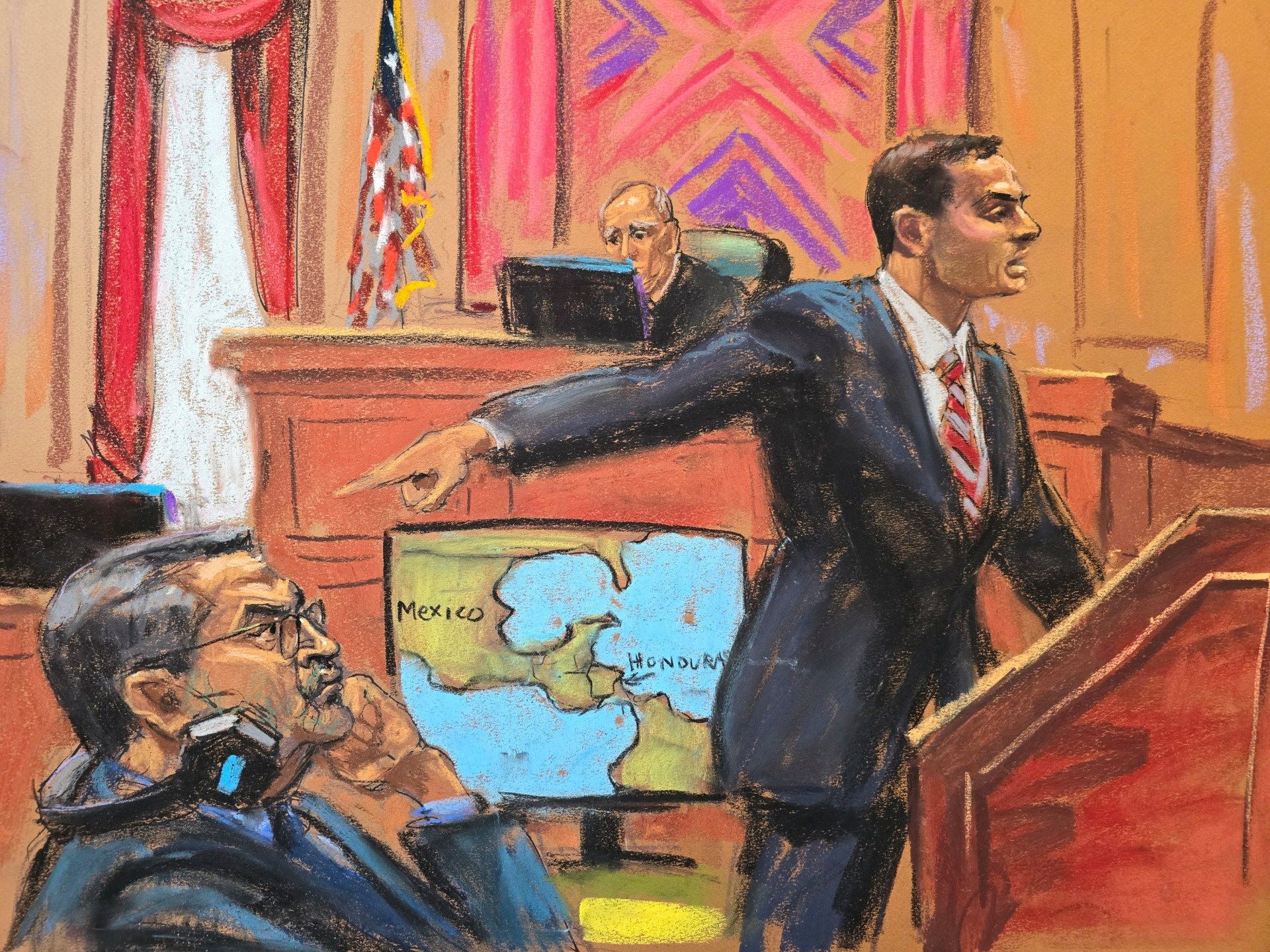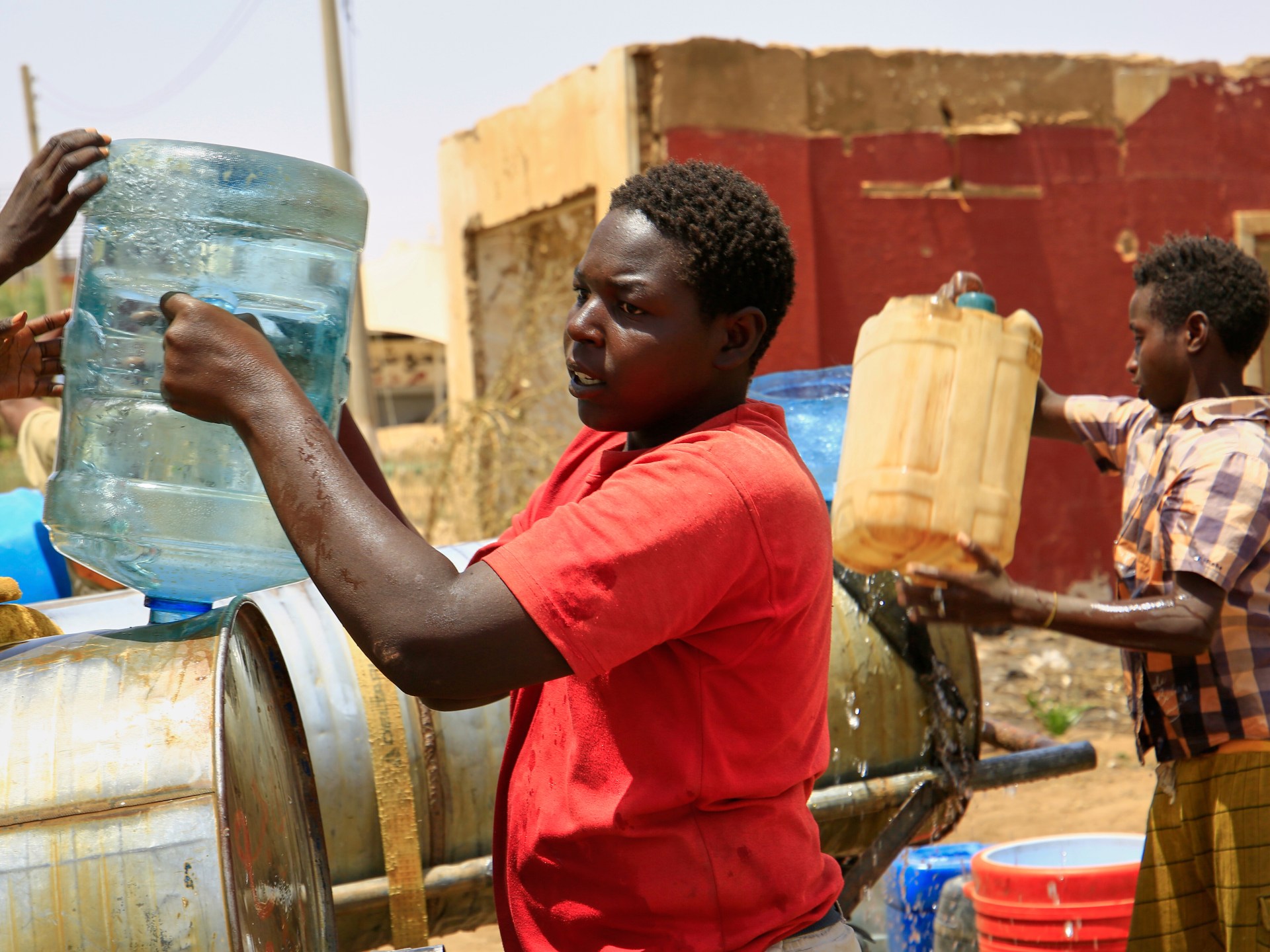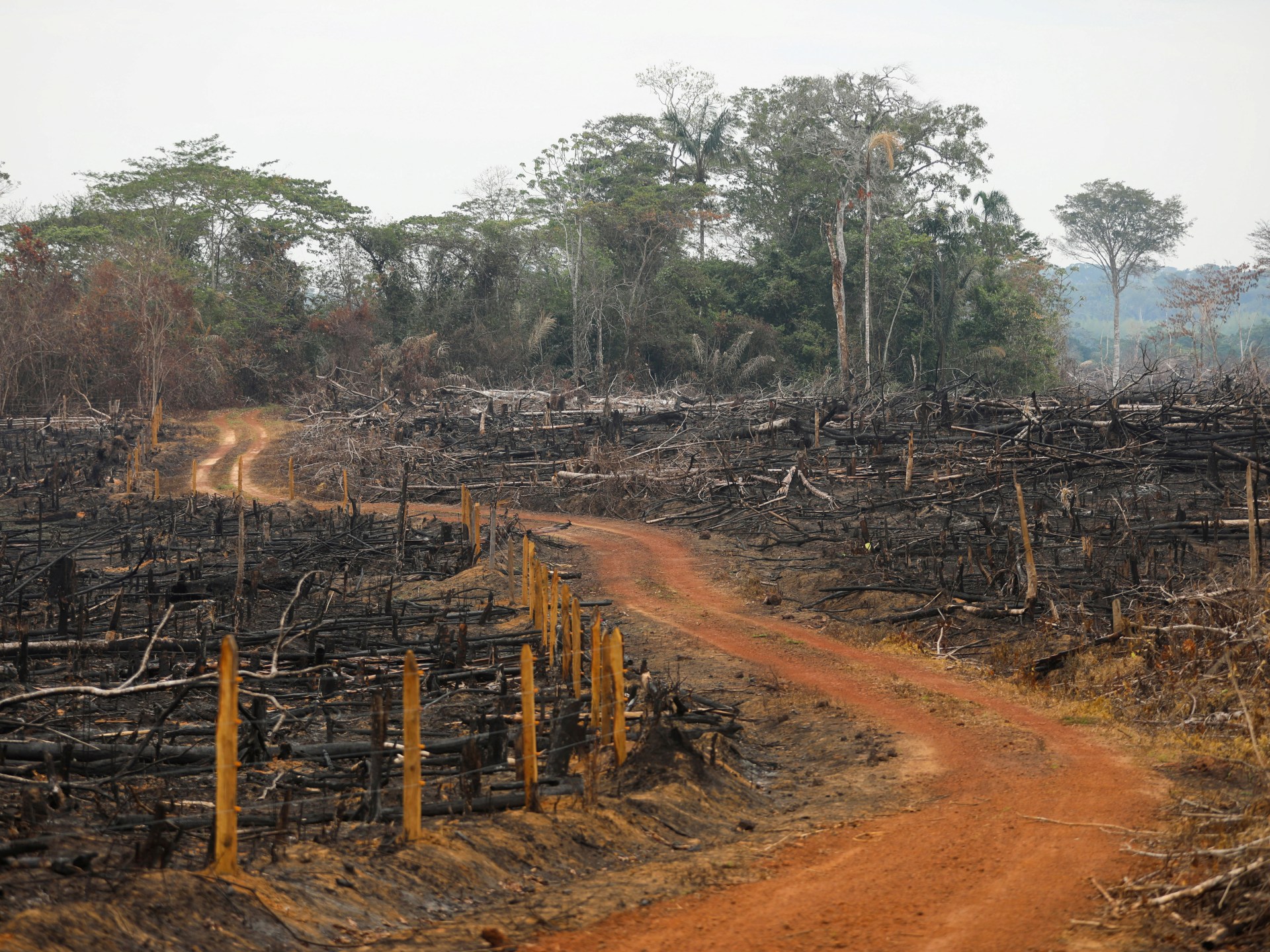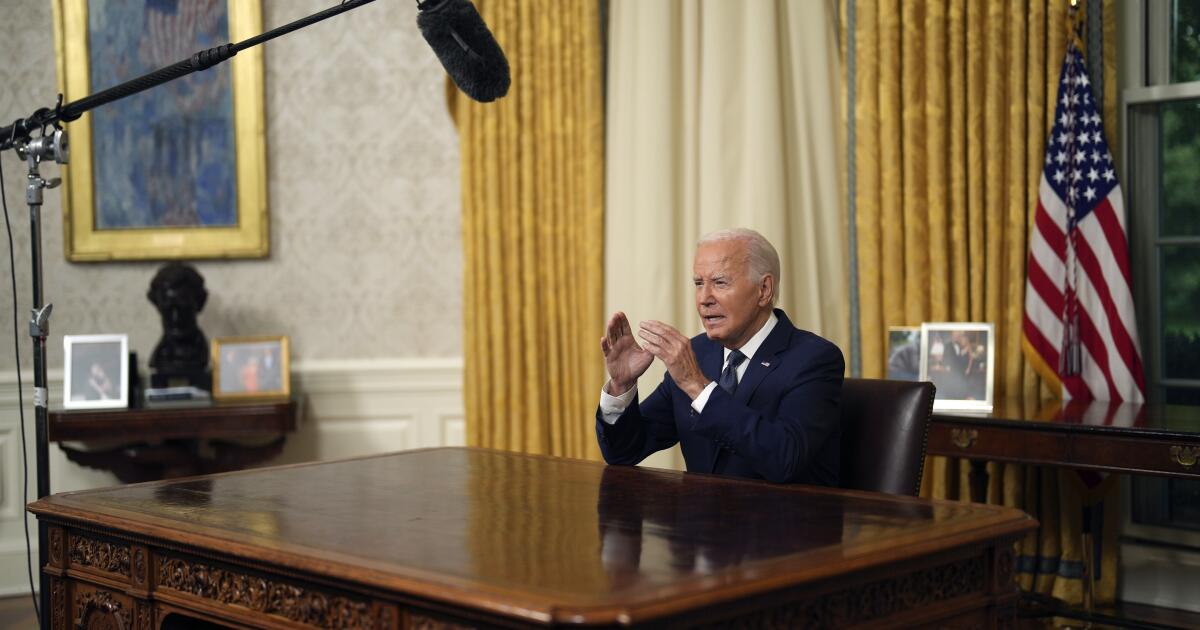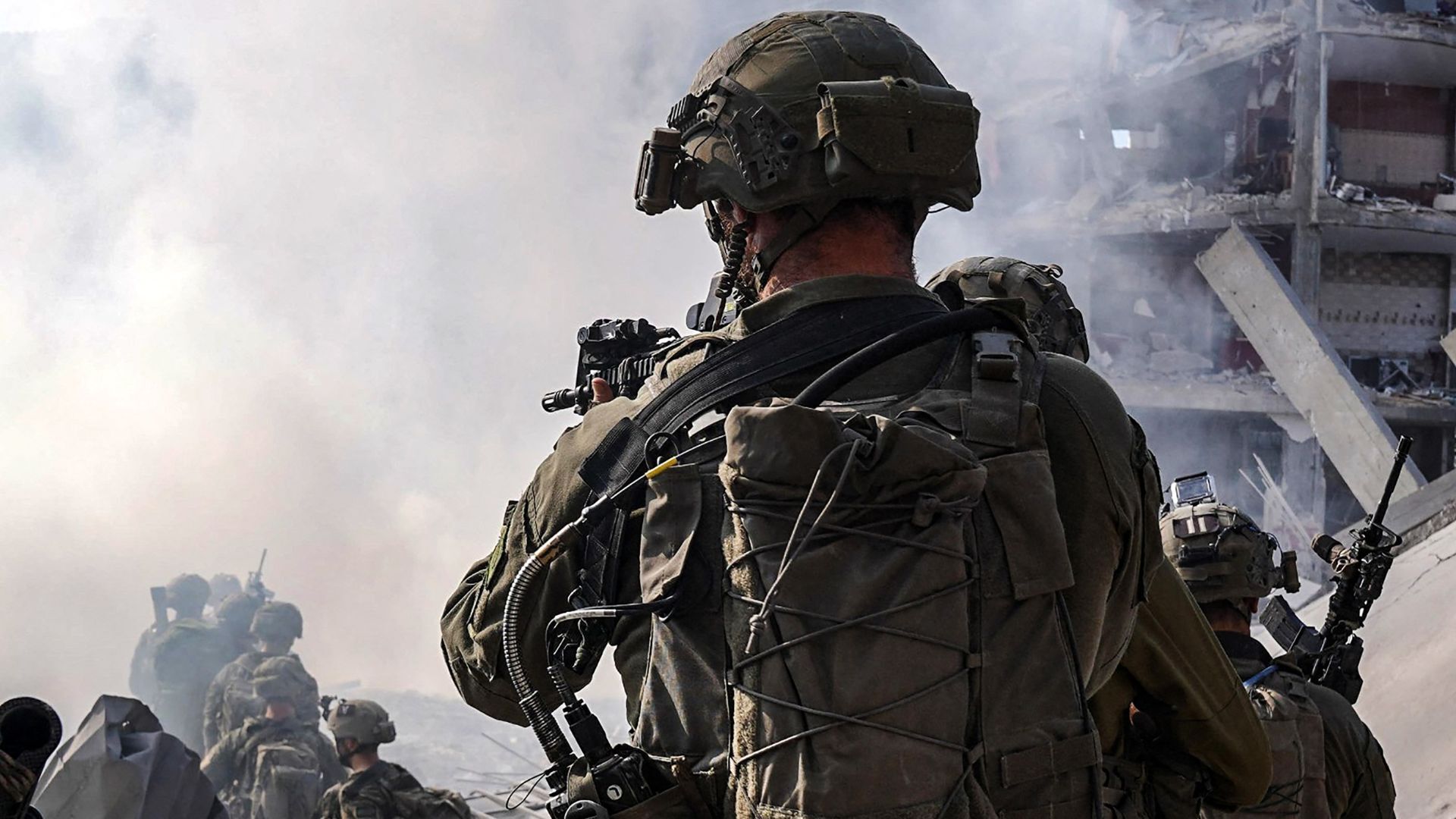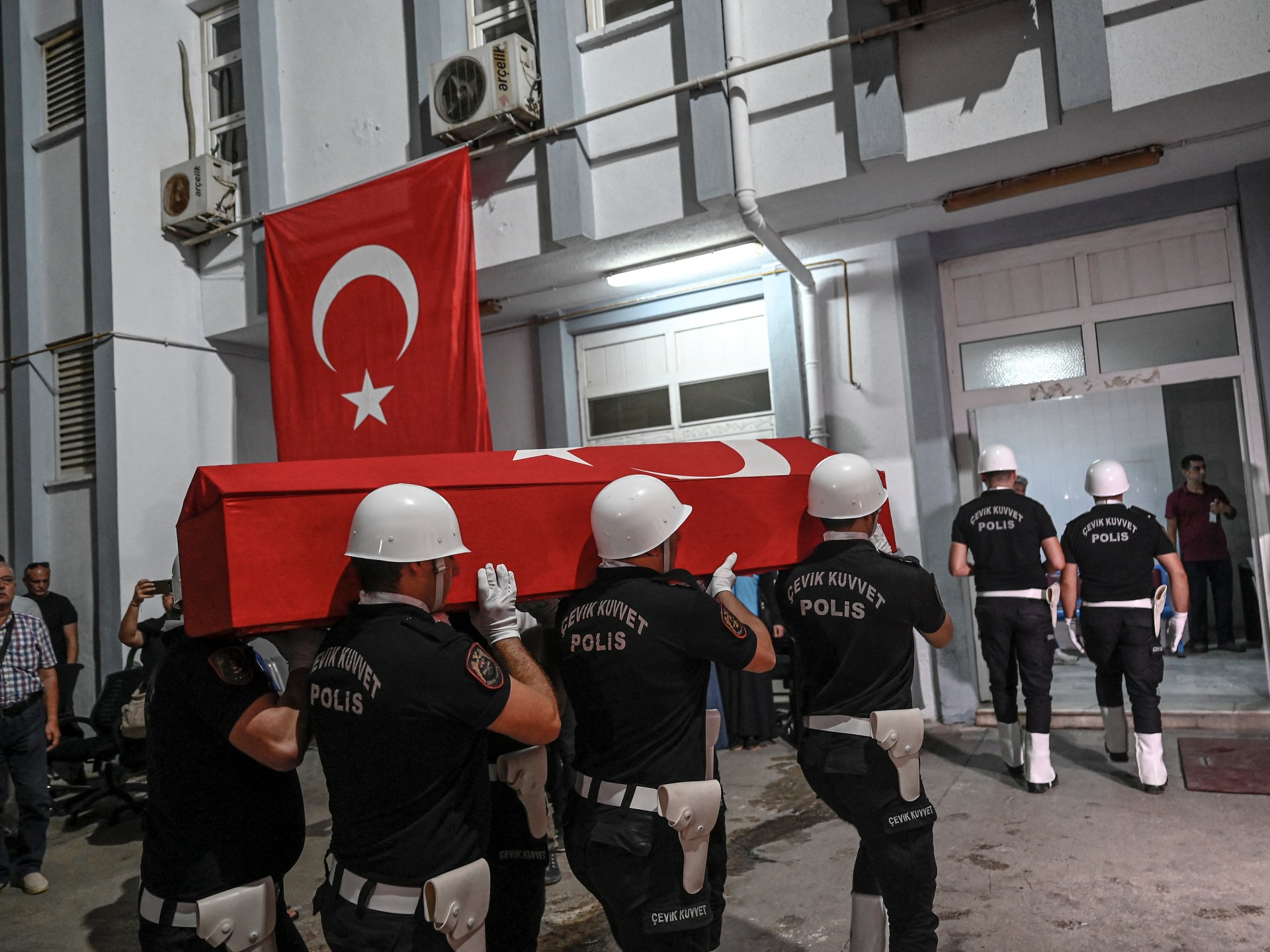New York City, United States – The accusations shocked the courtroom. Last week, a confidential witness in a high-profile criminal case alleged that an Israeli embassy participated in a money laundering scheme linked to illicit cocaine trafficking.
It was a major twist in the trial of Juan Orlando Hernández, a former Honduran president who now faces charges of participating in a “violent drug trafficking conspiracy” while in office.
Sitting on the witness stand was a convicted drug trafficker, under the pseudonym Luis Pérez. Originally from Colombia, Pérez appeared before a US district court in New York to testify against Hernández, whom he accused of being involved in drug trafficking operations.
But when the defense team questioned Pérez about his relationship with Hernández, he revealed another alleged participant in the plan: the Israeli embassy in Colombia.
“We work with officials from the Israeli embassy,” Pérez told defense attorney Raymond Colón in Spanish while on the stand. “The woman who transported us money from Honduras to Colombia was an official from the Israeli embassy.”
Pérez, affiliated with the Sinaloa cartel, accused the anonymous official of laundering between 100 and 150 million dollars between 2008 and 2010.
Israeli embassy officials in Colombia declined to comment for the Al Jazeera story. And Perez's allegations could not be independently verified.
But experts told Al Jazeera that the testimony raised broader questions about Israel's involvement in Latin America and how government and drug smuggling have become intertwined in the region.
Government officials on trial
Pérez, by his own admission, trafficked 200,000 kilograms (441,000 pounds) of cocaine from Colombia to northwestern Honduras over a seven-year period, beginning in 2008.
Their buyers allegedly included Mexican drug traffickers such as Joaquín “El Chapo” Guzmán and Ismael “El Mayo” Zambada, both leaders of the Sinaloa cartel.
But in 2015, Pérez turned himself in to US authorities in exchange for a reduced prison sentence. Although it was unclear why he turned himself in to U.S. authorities, he said he left because “U.S. and Honduran authorities began surveilling the people closest to us.”
He served 65 months for conspiring to import cocaine into the United States, facing a possible sentence of 135 months (more than 11 years).
He has since acted as a cooperating witness for US prosecutors, who are protecting his identity for his safety. He previously testified in the 2022 trial of former Honduran congressman Fredy Nájera, accused of “operating a large-scale drug trafficking organization.”
Nájera has since pleaded guilty and was sentenced to 30 years in prison. Pérez was introduced as “Alexander Monroy-Murillo” at the time of the trial, a strongman from Sinaloa who operated in Honduras.
In both the cases of Nájera and that of former President Hernández, Pérez accused Honduran officials of seeking campaign contributions in exchange for their participation in drug smuggling.
Nájera, for example, is said to have used his government office to notify Pérez whenever a police operation threatened his cocaine business.
As for Hernández, a conservative president popularly known by his initials JOH, U.S. prosecutors say he transformed Honduras into a “narco-state,” partnering with “some of the world's most prolific drug traffickers to build a corrupt and brutally violent empire.”
He was extradited to the United States in 2022, shortly after completing his second term.
Hernández, however, pleaded not guilty to the drug and weapons trafficking charges he faces. Earlier this week, he also appeared on the witness stand, refuting any allegations of wrongdoing.
When asked if he accepted bribes from figures like El Chapo, Hernández responded simply: “Never.” Prosecutors have since dropped their case against him.
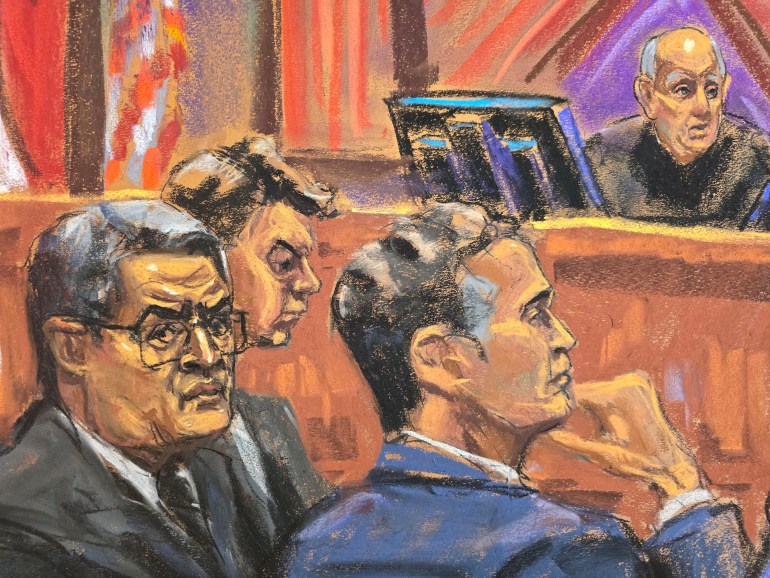
Through diplomatic channels
In his testimony during Hernández's trial, Pérez made it clear that the former president had nothing to do with the Israeli diplomatic official who allegedly transported drug money.
Instead, he described that the unidentified employee used his luggage to move the money from Honduras to Colombia, on behalf of the Sinaloa cartel.
“To launder the money we moved it in a diplomatic briefcase using the diplomatic passport of an official who works at the Israeli Embassy in Colombia,” Pérez told the jury.
This happened in multiple shipments, Pérez alleged. Colón, the defense attorney, pressed him to specify how many times the trips occurred.
“I can't give an exact number,” Perez responded. “But it happened many times.”
In exchange for participating in the money laundering scheme, Pérez said that the official received “3 percent of the money he moved.”
The defense has tried to portray witnesses like Perez as unreliable, motivated to testify to obtain reduced sentences in their own criminal cases.
One of the defense lawyers, Renato Stabile, told the jury in his opening statement: “You are going to hear a lot of demons.”
Aid to groups linked to cocaine
The accusations, although unproven, did not surprise Alexander Avina, a historian of Mexico and Latin America and professor at Arizona State University.
Avina has investigated alleged Israeli connections to drug trafficking networks in Central America and pointed to a long history of foreign intervention in Honduras.
“Honduras has had a close relationship with the Israeli army and arms traffickers since at least the late 1970s,” Avina told Al Jazeera.
At that time, Honduras was in crisis. Tensions were boiling with the neighboring country of El Salvador, and a series of military leaders had seized the presidency of Honduras through coups, although corruption scandals eventually toppled many of them.
The presidency of General Juan Alberto Melgar Castro, for example, came to an end in the “Cocaine Coup” of 1978, after his government was accused of participating in drug trafficking.
Amid the tumult, Avina explained that Israeli military trainers and advisors helped Honduran security forces carry out bloody campaigns against leftists and dissidents.
Aviña also noted that the Israeli government also provided weapons, advisors and logistical support to the military regimes in neighboring Guatemala.
Beginning in the 1960s, Guatemala was embroiled in a decades-long civil war that led to a genocide of indigenous peoples. The United Nations has estimated that more than 200,000 people died.
Under pressure over human rights abuses in Central America, the US government collaborated with Israel to supply its allies in the region, even when it could not do so directly.
A 1983 New York Times report described how Israel, “at the request of the United States,” was shipping weapons to Central American countries through Honduras.
Avina also noted that Israel also has a history in Colombia, helping to train members of the United Self-Defense Forces of Colombia (AUC), a right-wing paramilitary with ties to cocaine trafficking.
“Israel has played a counterinsurgency role as a death squad throughout the American continent since the 1970s,” Avina said.
“Drugs are part of that counterinsurgency, because government forces have historically depended on drug traffickers to do their dirty work.”
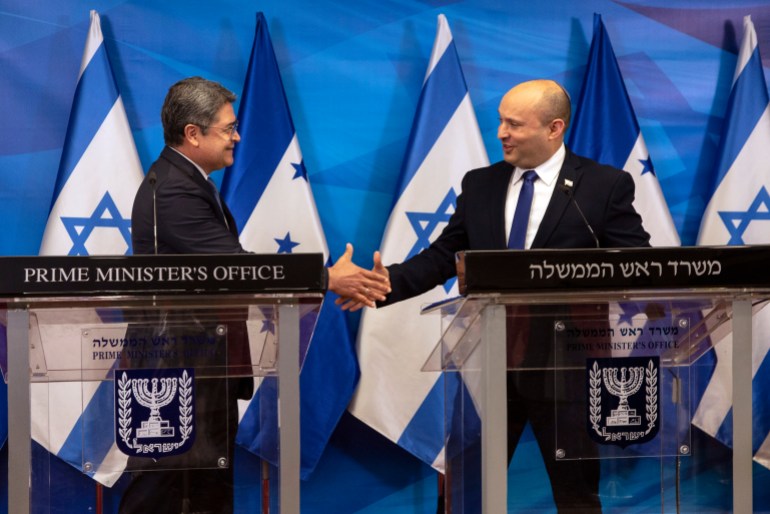
Close relations under Hernández
In more recent decades, Israel and the United States have maintained close ties in Central America, including with President Hernández.
The former president was a key ally in the US regional “war on drugs” and had a personal relationship with Israel: he studied there in the 1990s as part of an international development program called MASHAV.
The Israeli government touted him as “the first MASHAV graduate to become head of state.”
Hernández continued his warm relationship with Israel while in office. Under his presidency, Honduras became one of the first Latin American countries to move its embassy to Jerusalem, a controversial move seen as a denial of Palestinian rights to the city.
As accusations about his ties to drug trafficking networks mounted, Israeli media reported that Hernández even asked Israel for help to avoid his extradition to the United States.
Journalist Cristian Sánchez has been attending Hernández's trial on behalf of the Red Pro-Honduras, a civil society organization focused on exposing corruption. He was also surprised by the accusations against the Israeli official in the judicial process.
“For the public present,” Sánchez said, “it was shocking to hear that a person in the Israeli embassy would volunteer to be part of the Sinaloa cartel's money laundering plan.”
In his opinion, the accusations are part of a broader trend in which state institutions become complicit in drug trafficking.
“What the testimony shows is that the level of infiltration by drug traffickers has reached its highest levels, with a former president tried for drug trafficking and with a diplomat from the Israeli government in Colombia involved.”

